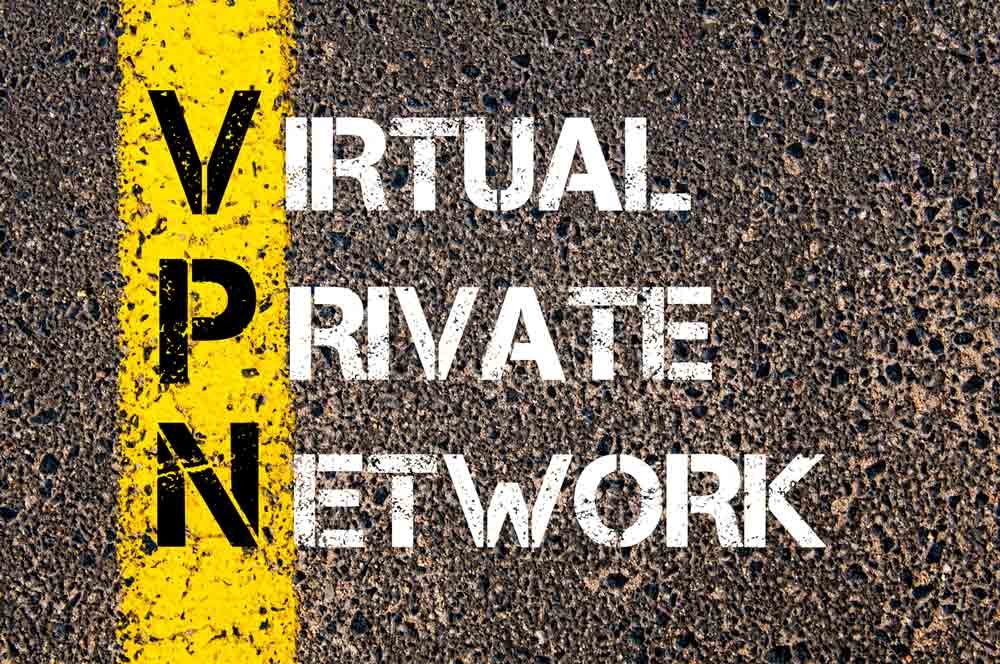
What are the Advantages and Benefits of a VPN?
A Virtual Private Networks (VPN) is increasingly being used by major corporations, businesses, and various organizations for its many efficacious uses and benefits. Virtual Private Networks can also be used by consumers within their own homes, affording them an increased amount of security and confidence in conducting their online activities.
Among the most significant advantages of using a VPN service is safety. By using a VPN, an employee or private citizen can safely log into public networks without forfeiting important features or performance. This is due to the VPNs restricted access features “that utilize the same cabling and routers as a public network.”
An additional benefit is a VPNs ability to produce network connectivity over even great distances, essentially rendering it similar to a WAN, or Wide Area Network.
The two benefits above alone are compelling enough for many businesses to incorporate VPN technology into their repertoire. However, there are numerous other benefits to having a VPN, as well as some drawbacks. Read on below to learn more about what a VPN can do for you, in addition to learning about the potential issues with having a VPN.
Read on below to learn more about what a VPN can do for you, in addition to learning about the potential issues with having a VPN.

The Benefits of a Virtual Private Network
- Provides network connectivity safely, securely, and over long distances
- Can be used by businesses or individual users to expand their networking capability
- Has the potential to significantly reduce costs
- Is incredibly convenient for computers and travelers to stay connected conveniently and safely
- VPN technology has propelled the popularity of other network protocols such as L2TP, IPsec, PPTP, and SOCKS
- VPNs can avoid scalability issues by harnessing the power of public lines and making network access readily capable
- Offers high-performance “reach†in even remote and international locales
- VPN service enables businesses to log on to secure wireless network connections while working in-office and can enjoy robust protection without any reduction in performance or features
In-depth Discussion of VPN Benefits
VPNs can save businesses time and a lot of money through various means. For example, a VPN replace things like remote access servers and long distance dial-up connections that are ubiquitously used by business professionals and employees attempting to access corporate intranet.
An employee needing to immediately access their corporate intranet need only connect to the closest ISP access point for a reliable and secure connection.
In addition to replacing remote access servers, VPNs can remove the issue of long distance phone charges. Additionally, they are financially reasonable to maintain, costing less to businesses by removing the need to seek out repair and support services from outside vendors.
Drawbacks to Using a VPN
- Complexity – Incorporating a VPN into your home or business requires extensive knowledge of various protocols and plenty of tech-savvy. Users should have a basic understanding of the latest technology standards and network protocol designs, in addition to an extensive understanding of network security issues and knowledge of how to properly install and configure the VPN alongside compatible equipment to result in a robust level of protection on public networks
- Scalability – VPN Network Scalability can be problematic. For many businesses, the initial costs involved with implementing a VPN may seem cost-effective, reasonable, and even prudent. However, over time the costs involved can skyrocket in situations where the business grows.
- Business expansion does not have to be substantial for a VPN to take on extensive costs. While VPNs can provide a dedicated line connecting one additional branch office, in situations where there are numerous branches, having a VPN becomes financially questionable as the cost savings begin to disappear.
- Start-up – To use a VPN, a business or individual has to ensure that their networking software is compatible while also ensuring compatibility of the hardware on their computers and local network.
- Hype vs. Reality – VPNs are subject to a significant amount of marketing hype. While some vendors may tout a VPN as a must-have miracle that can transform a business, the reality is that VPNs offer just a few benefits. However, those few benefits are immensely important to many businesses and well worth the cost. If anything, a business needs to be fully aware of what a VPN can and cannot do for them before making a sound investment.
- Planning and Education – Incorporating a VPN can’t be a spur of the moment decision. The decision takes time, education, planning, and plenty of preparation. Far too often businesses will fall prey to the hype surrounding VPNs without having the necessary education about the technology and find themselves in a situation where the VPN is incompatible with their preexisting hardware, other vendor products, or some other unforeseen problem
Conclusion
Virtual private networks are becoming increasingly popular. Due in large part to the widespread knowledge of the dangers lurking on the internet, such as hacking and theft, both businesses and individual computer users have become vigilant in obtaining the latest and greatest security technology available on today’s market.
VPNs are definitely touted as a security must-have. While vendors might proclaim them to be an all-encompassing solution, the truth is the benefits of having a VPN are very few but also very important. Complicating the issue, however, is the fact that there are quite a few drawbacks to having a VPN, as well as limitations regarding what it can and cannot do.
Important to note is the fact that VPNs are reliant on ISPs and the quality and performance of that ISPs service. If the ISP suffers performance-wise, so does the VPN. Thus, the overall reliability, control, and performance of a VPN are never really controlled by the business or individual using one, as control truly rests in the hands of the associated ISP.
Among the most common issues is the frequent occurrence of businesses and individuals not having the proper level of knowledge and overall education about VPN compatibility with pre-existing equipment, thus wasting time, money, and energy.
In conclusion, a VPN can be a supremely helpful asset to have in your business or home. Under the right circumstances, including having the necessary knowledge involved with the process, how to check for compatibility, and having realistic expectations of the technology, a VPN can be a significant tool to have in your tech arsenal.
